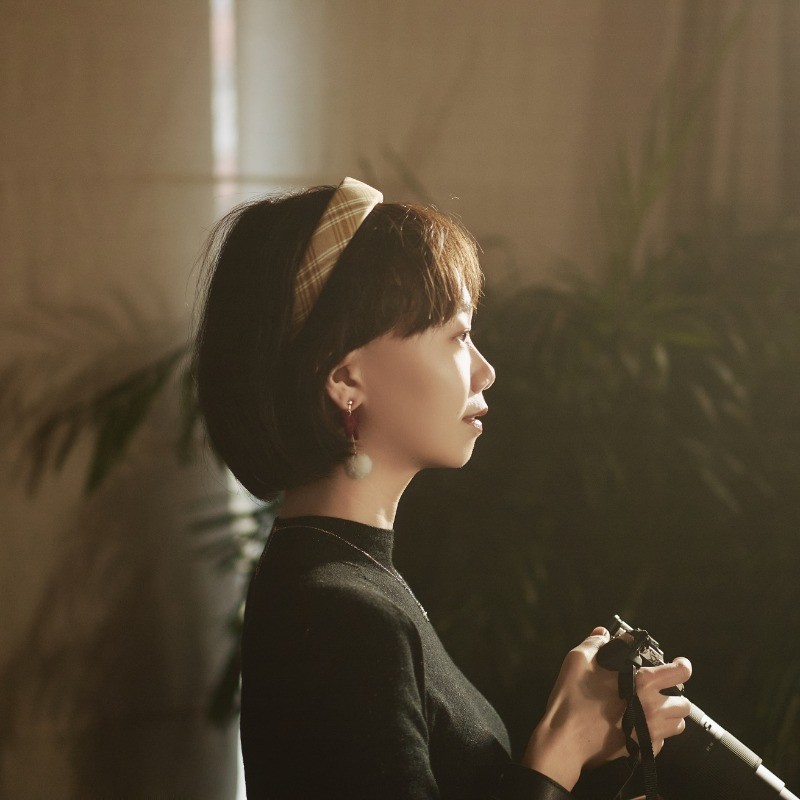

We recently had the chance to connect with xiwen cao and have shared our conversation below.
xiwen, we’re thrilled to have you with us today. Before we jump into your intro and the heart of the interview, let’s start with a bit of an ice breaker: What is something outside of work that is bringing you joy lately?
Photography has been my biggest source of joy lately. I started a new job earlier this year — a completely new field, full of challenges and constant learning. In the beginning, the pressure felt intense. I was pouring all my energy into work, and some days I came home so exhausted that I couldn’t help but cry a little in my room.
Then I picked up my camera again, and everything shifted. It became my way to breathe, to slow down, to notice beauty in small moments. I started carrying my camera everywhere — after work, during lunch breaks, on weekend walks. Through the lens, I rediscovered calm and curiosity. This year alone, I’ve taken thousands of photos. It’s funny — what started as a simple hobby has quietly become my favorite form of therapy.
Can you briefly introduce yourself and share what makes you or your brand unique?
I actually started by studying 3D modeling for games and films, and during that time I discovered my passion for interior design. I created a few interior scenes in Unreal Engine 5, which unexpectedly caught the attention of my current boss — that’s how I became an interior designer.
Since joining my company, I’ve learned SketchUp and many other design tools, and now I’m able to create complete designs for clients on my own. I really enjoy combining my 3D background with real-world spaces — it gives my designs a cinematic, storytelling quality.
Outside of work, I do photography for people. It started with street portraits — I used to walk up to strangers and ask if I could take their picture — and later, I began photographing my friends. Many of them were camera-shy at first, but I love encouraging people to relax and show their most natural side. I plan each photoshoot based on the person’s unique energy and style. Seeing someone who once felt awkward in front of the camera start to enjoy being photographed always feels incredibly rewarding.
Great, so let’s dive into your journey a bit more. What breaks the bonds between people—and what restores them?
I was born in China and left my hometown after high school to study in Canada. It’s been ten years now. When I was a child, my parents loved me deeply — my dad used to read me bedtime stories, and my mom helped me with homework. We often traveled together during holidays. But they also argued a lot, and as I grew older, the fights became more frequent. Eventually, I started to distance myself from them, even though I loved them very much.
They worked so hard to give me a better life — sending me abroad for university — but somehow, the distance between us kept growing. After moving to Canada, I barely messaged them once a month. Then the pandemic came, and I couldn’t go home for five years. When I finally returned, my grandfather had already passed away. My parents hadn’t told me because they didn’t want me to be heartbroken.
I suddenly realized that both time and life are finite. I want to spend whatever time I have on the people who truly matter to me. It feels almost like a quiet form of repentance, a way to make up for the moments I once took for granted. I began to treasure the time I spend with my family, especially my grandmother — cherishing every day with her as if it were the last.
But Living with my parents again was… intense. We argued more that year than in all the years before combined. But strangely, those arguments brought us closer. We never “won” any of those fights, yet we started to understand each other better. Gradually, the tension faded. We began to talk more, to listen more.
After spending almost two years with my parents, I came back to Canada. Now, I call them every evening after work — just ten minutes of sharing our day. Our bond feels stronger than ever. I’ve learned that what breaks the bonds between people is silence — when we stop trying to understand each other. And what restores them is love, trust, and the courage to keep talking, even when it’s hard.
What fear has held you back the most in your life?
I would say my biggest fear has always been the imagination of failure. I was a shy and timid child growing up, and when my parents decided to send me to study in Canada, I resisted the idea completely. I couldn’t imagine myself living alone in a foreign country, speaking a different language. But now, years later, I’m living here independently with a full-time job — and I’ve truly grown to love my life in Canada.
In my first few years here, I was still afraid to try new things. Then I discovered hiking, and it completely changed how I saw fear. At first, I only did short day hikes. When my friends invited me to go camping and backpacking, I hesitated — I was scared I couldn’t handle it. But they encouraged me, saying they’d help carry some of my weight.
So I started — from a light 5-kilogram pack to a 25-kilogram one, from 500 meters of elevation to 1,500. Every time I thought I couldn’t keep going, reaching the summit proved me wrong. It taught me that most of our fears don’t come from real limitations — they come from our imagination. And once you take that first step forward, the world opens up in ways you never expected.
Next, maybe we can discuss some of your foundational philosophies and views? What important truth do very few people agree with you on?
I believe one of life’s greatest lessons is learning how to be at peace with yourself. In the end, we are all a little bit alone — no one can truly walk through every moment with us. The only person who will always stay is ourselves. So instead of running away from solitude, I think it’s important to embrace it, to listen to yourself, and to build a life that feels calm and whole even when you’re alone.
Okay, we’ve made it essentially to the end. One last question before you go. When do you feel most at peace?
I feel most at peace when I’m completely immersed in the present moment — when time seems to slow down and everything else fades away. It could be the quiet click of my camera shutter, the hours spent shaping a 3D scene, or the simple focus of painting a picture. In those moments, my mind feels calm and still, as if I’m exactly where I’m meant to be.
Contact Info:
- Website: https://vimeo.com/1019045170?share=copy#t=0
- Instagram: tina_cxw
- Linkedin: https://linkedin.com/in/xiwen-tina-cao-32835a331
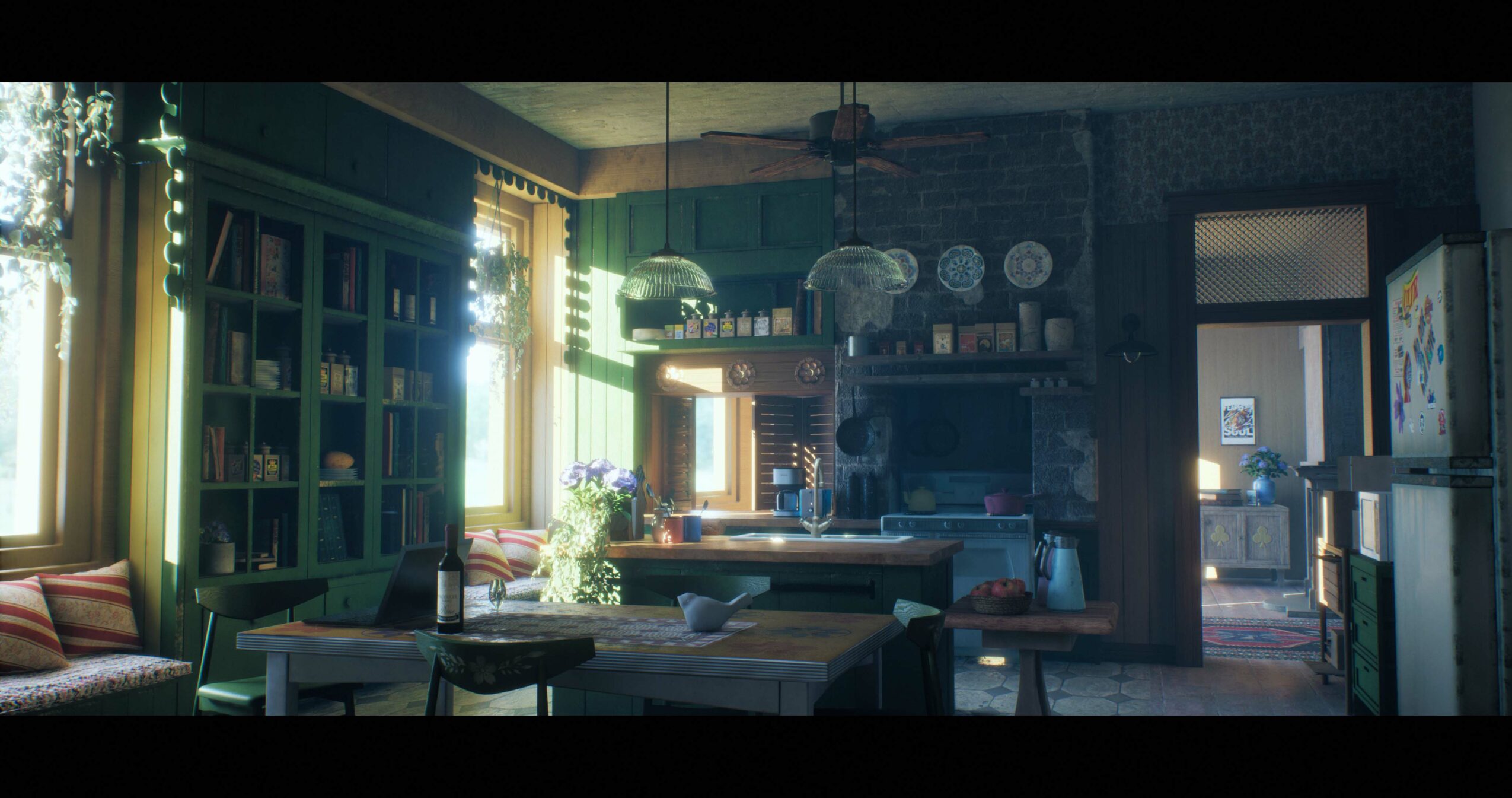




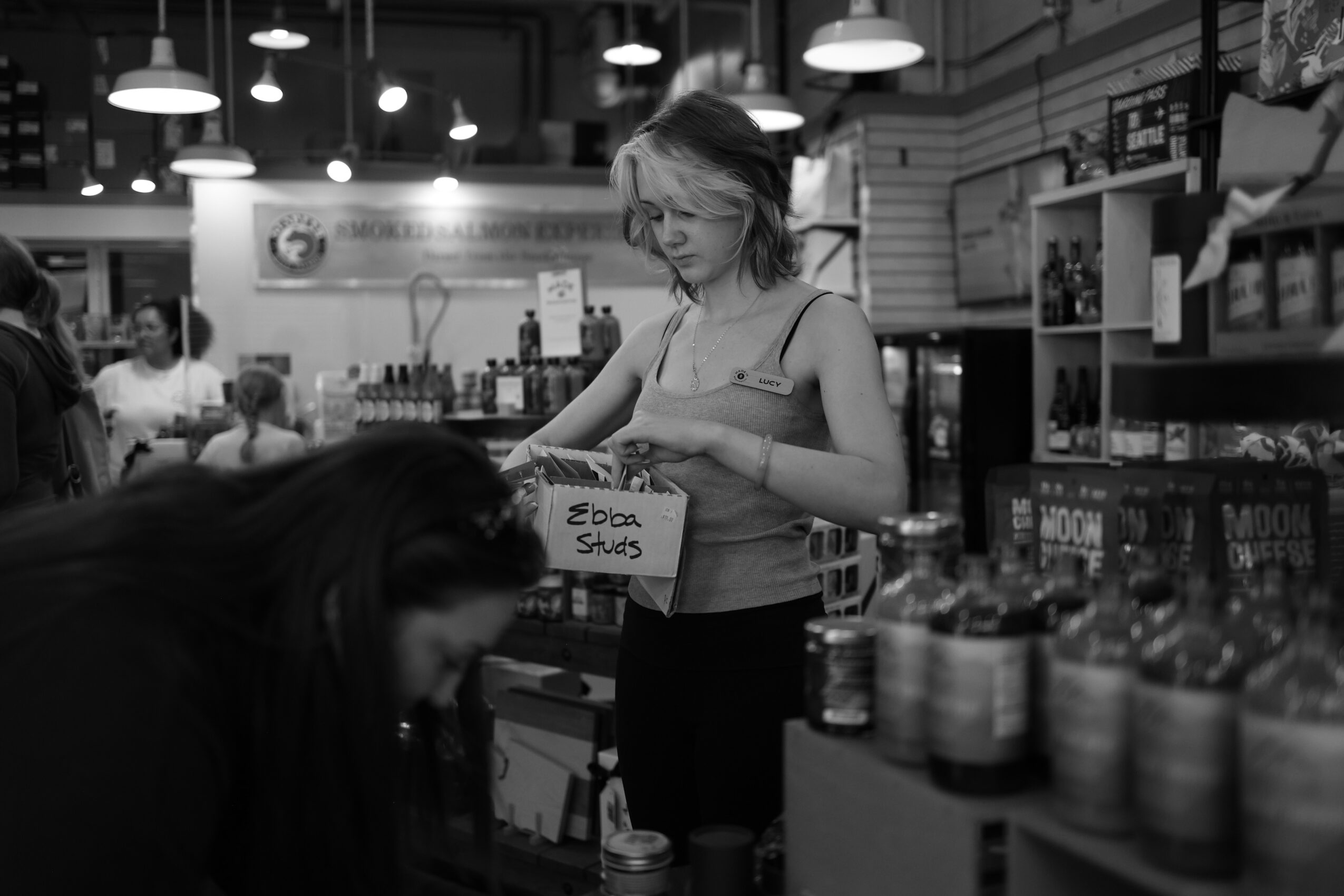
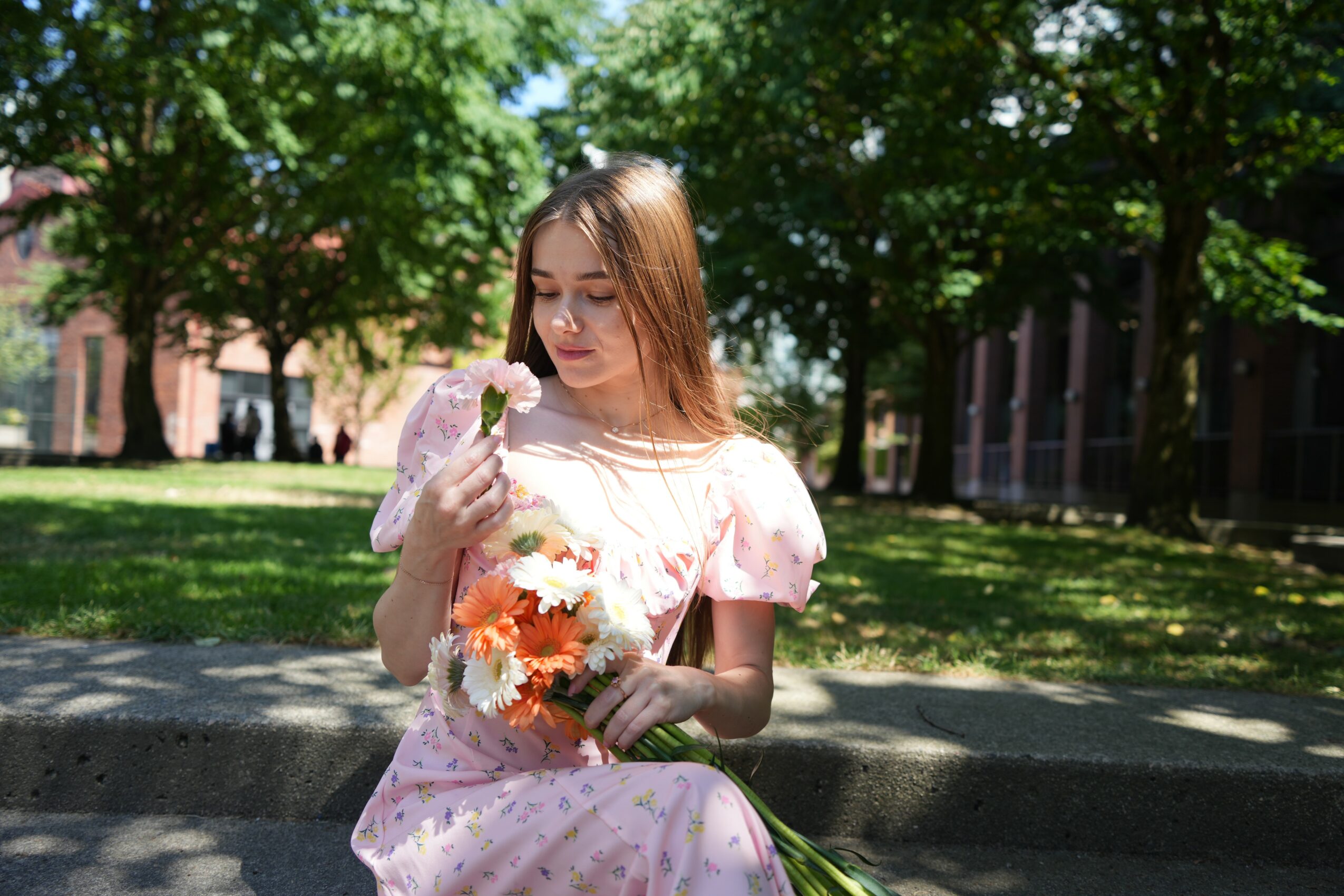
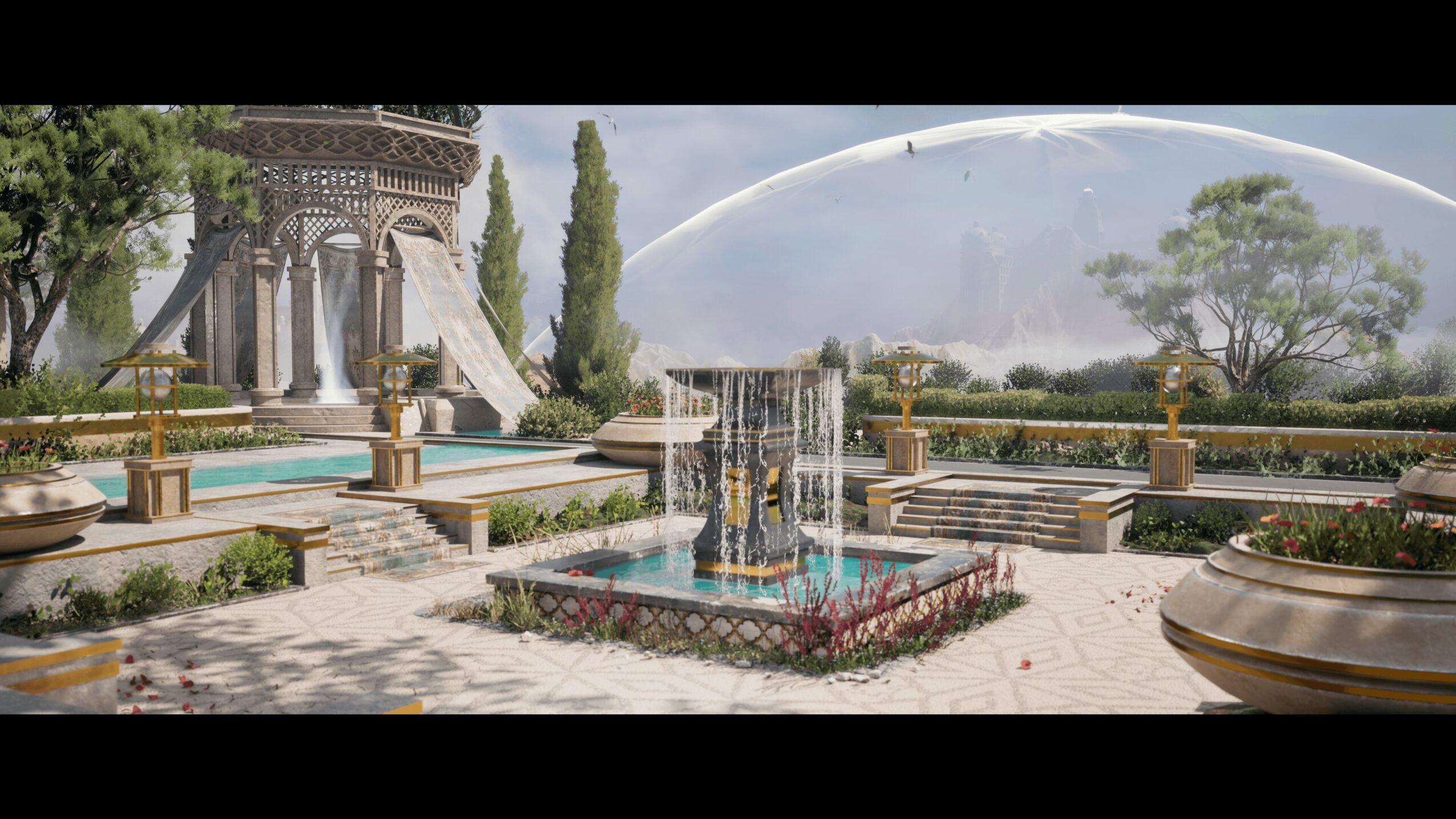
Image Credits
3D Project References:
https://www.artstation.com/artwork/1xYnWL
https://www.artstation.com/artwork/8wJNkE
https://www.artstation.com/artwork/1n6e5X?album_id=1087282














